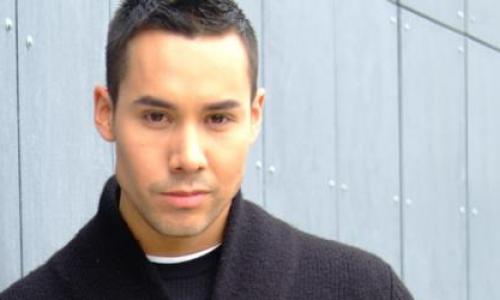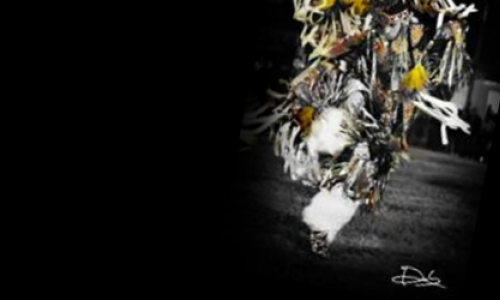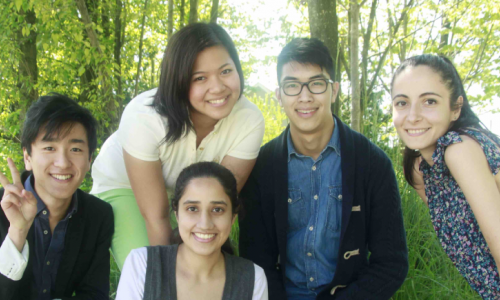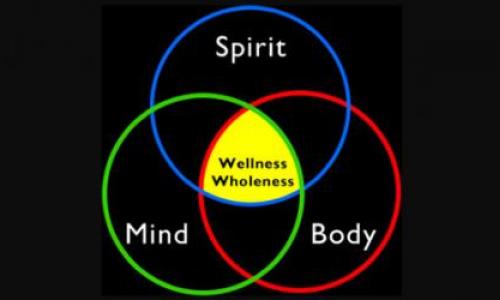
Do you ever find yourself repeatedly checking Facebook just to see if anyone has posted anything new? Have you ever deactivated your account only to find yourself logging in again after only a few days or hours? I know I have.
Sometimes during the midterm crazies or when I have procrastinated too long and my reading has piled up, I will foolishly deactivate my account believing wholeheartedly that this modern security marvel of ‘deactivation’ will somehow prevent me from frittering away my time perusing my newsfeed. At times, it all seems so useless to me; however, I have recently been witness to the empowering aspects of social media through the Idle No More movement.
Idle No More is a movement that gained momentum in December 2012 due to the passing of Omnibus Bill C-45. This Bill violates treaty rights of First Nations groups across Canada; as well as puts Canada’s environment at risk by leaving waterways vulnerable to foreign investors. Before the passing of this Bill, Canada had millions of protected oceans, lakes and rivers; after the passing of the Bill, we are left with three oceans, 97 lakes and 62 rivers that are undisturbed by the act. (Huffington Post)
Aboriginal groups alongside concerned citizens across Canada have organized hundreds, if not thousands, of peaceful rally’s to demonstrate their opposition to the passing of this Bill. There has been very little media coverage of this movement on mainstream television; however the power of social media has been the platform for which these rally’s have been organized and successfully executed.

When I think of social media sites like Facebook or Twitter, I don’t immediately recognize the potential these sites offer for active engagement in my community. The official Idle No More group on Facebook has to date, 47,866 members. In this group we share relevant articles and opinions; we ask and answer questions; we share when and where each new rally will be as well as pictures of the rally’s that have passed.
I recently joined Twitter in order to receive direct information from Chief Theresa Spence’s camp, who is hunger striking on behalf of her people at Attawapiskat First Nation. In December, we organized a ‘Twitter Bomb’ on Prime Minister Steven Harper, where thousands of people all tweeted @PMHarper at the same time, demanding he hear the voices of Canada’s citizens.
I was born with an analytical mind and a critical eye. I am often cynical of media in any form; especially that of news media, which is why I am a Communications Major. Participating in social media in this manner has left me feeling empowered, informed and most importantly, in control of my own consumption; these are feelings I am unaccustomed to in this regard.
The Idle No More movement has gained strength in numbers and momentum primarily through Facebook, Twitter and Youtube. By sharing ideas, goals, opinions, frustrations, solutions etc., we have begun to destabilize those institutions to which we are vulnerable. It has shown me that it is possible to balance potentially biased and inaccurate information that the top-down systems of newspapers and television often provide, with informed and varied perspectives.
I know that the road may be long and perhaps the results will not always be favourable to me; but the lesson isn’t dependent on the results. The lesson is to be awake in one’s own life. Whether it is through social media or on the bus or at dinner with friends; I have the power to help or to hinder, it all depends on my choices, my attitude and my ability to recognize their power.
I would never have guessed that Facebook would hold such a great kernel of wisdom for me, but through Idle No More, a movement that has come to represent a great many things to me, I have been awakened to the power of technology provided I use it with eyes wide open.














